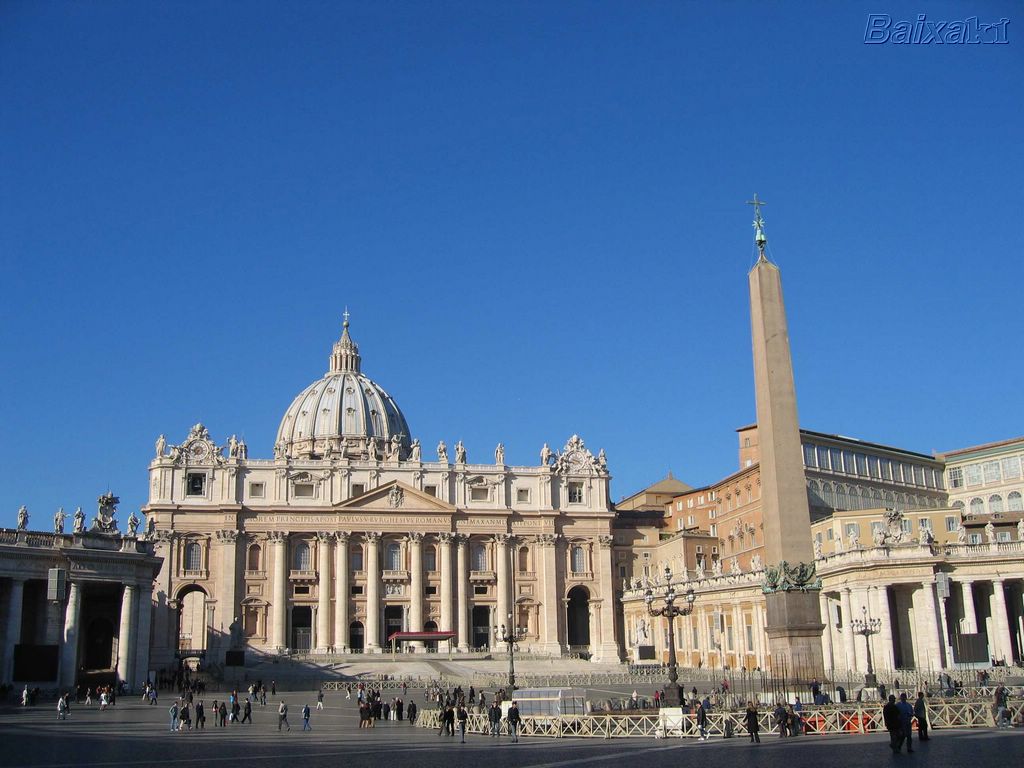
Educating through intercultural dialogue in the Catholic school
Before the end of 2013, on 19 December, the Pontifical Congregation for Catholic Education surprised us with a new document on school education: “Educating through intercultural dialogue in the Catholic school” with the significant subtitle: “Living together for a civilization of love”.
At the conference presenting the document, held in the Vatican press room, arranged with great solemnity and much media representation, the speakers included Cardinal Zenon Grocholewski, Prefect of the Congregation, Mons. Angelo Vincenzo Zani, secretary of the same, and Professor Italo Fiorin, of the teaching staff of the LUMSA of Rome.
In his delivery on the topic, the Cardinal Prefect gave a description of the present panorama of the school in the world with its lights and shadows in the various countries; with surprising results in some of the places for their tradition and history. He emphasized the topicality and necessity of the theme if we are to achieve the final objective: to construct a civilisation of love so that all strive to fuse education with the proclamation of the Gospel, as Pope Francis has stated.
Mons. Angelo recorded briefly the iter of the document, formally begun in 2008, but under discussion since 1995, with the experience of the School for Europe in Bosnia Herzegovina.
In fact, the chronological horizon extends to 2015 with the commemoration of the 50th anniversary of the declaration of Vatican II: Gravissimum Educationis Momentum and the 25th anniversary of the publication Ex corde Ecclesiae, for which solemn celebrations are being prepared.
Professor Italo Fiorin spoke about the contents of the document, especially of the desire of the Catholic school to bring its contribution to an objective vital for society.
It has five closely packed chapters: the challenges in the context of the plurality of cultures in which we live; the different positions of closeness to multiculturality; the foundations of the interculture; what proposals of dialogue can the Catholic School offer; and what is the contribution from all the school’s sphere of influence.
If the school seeks to go beyond the academic-professional; if the teachers and directors can program objectives and values engaged with society, they have here a good basic instrument.
The school in which much, perhaps too much, faith is placed cannot be left alone. It is an ecclesial subject and the whole Christian community is called to support it as a precious good.
A challenging document in a living and real situation, such as we are involved in in a world of immigration and multiculturality.
__________
Br Juan Moral
